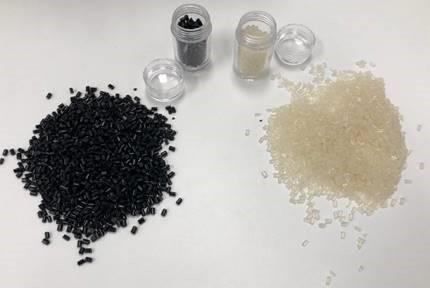3-D printing has many advantages, such as lighter materials. But like any production process, it comes with waste.
Now, auto giant Ford Motor, which always has a need to find new ways to make parts, and printer giant HP Inc., one of the largest producers of 3-D printing machines, have found a way to turn the excess powder material that is the basic ingredient in 3-D printers into scrap that can be recycled in traditional injection molding for car parts, the companies announced on Thursday.
Ford’s technical fellow in the area of sustainability, Debbie Mielewski, remarked that “Finding new ways to work with sustainable materials, reducing waste and leading the development of the circular economy are passions at Ford.”
Added Mielewski, “Many companies are finding great uses for 3D printing technologies, but, together with HP, we’re the first to find a high-value application for waste powder that likely would have gone to landfill, transforming it into functional and durable auto parts.”
The process involves help from three other parties, resin producer Lavergne, parts maker ARaymond, and dental appliance pioneers SmileDirectClub.
In the multi-stage recycling activity, HP, which is already a supplier of 3-D printers to Ford, worked with Ford at Ford’s Advanced Manufacturing Center to conceive and implement the chain of activities to recycle product.
In that chain, powder from 3-D printing that would just be waste, essentially run-off, is collected and turned into “high-quality recycled plastic pellets, suitable for injection molding” through the expertise of Lavergne, the companies said.
Those pellets can then be used by ARaymond in a traditional injection-molding process to fashion finished parts.
In this case, the parts are fuel-line clips that are made for Ford’s Super Duty F-250 trucks.
SmileDirectClub has an interesting role as well. SmileDirect, in case you didn’t know, operates the U.S.’s biggest fleet of HP 3-D printers, over 60 of them. SmileDirect contributed excess powder from its own operations, which include printing 40,000 aligners per day for straightening teeth, powder that is added to Ford’s materials.
